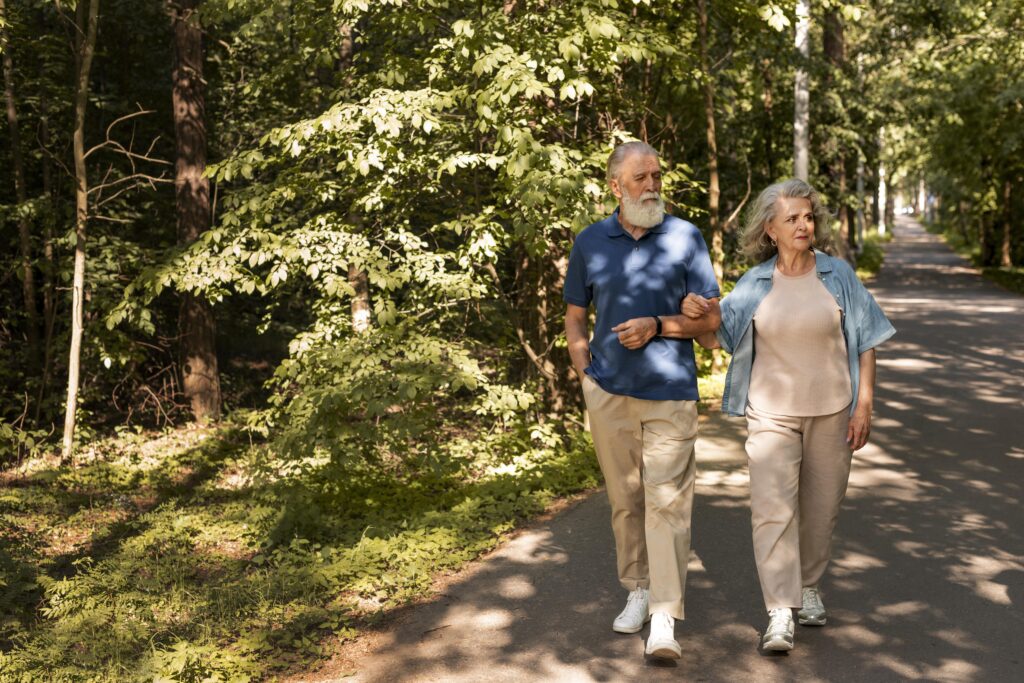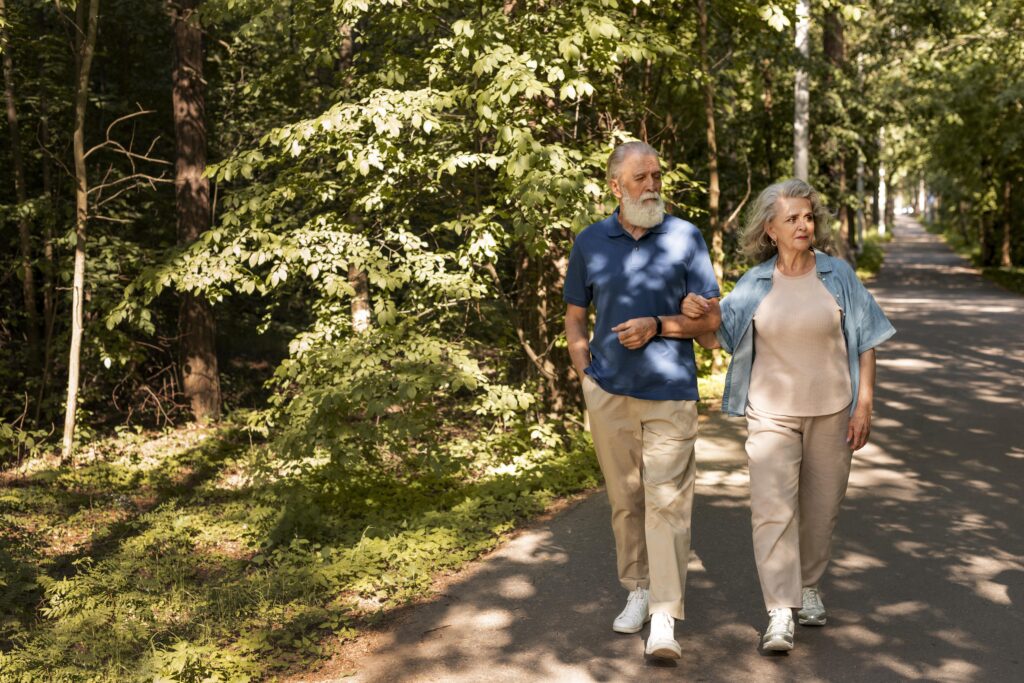In bustling Moroccan cities like Casablanca, Kenitra or Rabat, walking is not only deeply embedded in daily life. It’s also a powerful, accessible tool for improving heart health and managing weight. But when should you lace up your sneakers: early in the morning or right after meals? Research suggests that both have their unique strengths, and combining them might yield the best results.
Morning Walks — Energizing Your Day and Heart
Stepping out in the early morning on an empty stomach, while sunrise washes over the Atlas Mountains or along the Bouregreg River, can offer your body a head start. Walking before breakfast nudges your metabolism into action and taps into stored fat for fuel—a technique especially useful for those aiming to lose belly fat.
Additionally, early exposure to natural light helps synchronize your circadian rhythm, potentially improving your sleep and hormonal balance—key for long-term heart well-being.
In short, morning walks contribute to improved circulation, increased calorie burn, and a solid foundation for building a consistent routine.
Post-Meal Walks — A Digestive and Metabolic Game-Changer
After a hearty Moroccan tagine or a plate of couscous, taking a light stroll isn’t just tradition—it’s smart science. These short walks, even as brief as 2–15 minutes, can significantly dampen post-meal blood sugar surges—by up to 22%—and support better insulin response.
Plus, this gentle activity aids digestion, eases bloating, and helps your metabolism stay steady throughout the day, benefiting both heart and weight health.

Combining the Best of Both Worlds
The secret to lasting benefits might just be a mix of both: a brisk morning walk to boost your mood, fat-burning, and routine consistency, paired with short post-meal strolls to manage digestion and blood sugar—and to curb that evening snack craving.
Ultimately, the greatest gains come not from perfect timing but from steady, repeatable habit.
Why Consistency Beats Timing
Whether you walk at dawn or after dinner, what truly matters is consistency. If morning walks fit better with your schedule—or if, like many Moroccans, your evenings are when you’re more relaxed—choose what you’ll stick with.
Regular walking, regardless of timing, is a proven booster of cardiovascular health, weight control, digestion, mood, and sleep.
Hiking Trails in the Middle Atlas Mountains
The Middle Atlas Mountains are often overshadowed by the High Atlas or the Rif, yet they hold some of Morocco’s...
From Passion to Profession: Turning Creative Skills into Income
In Morocco, more young people are transforming their creative talents into careers. Whether it’s photography, calligraphy, fashion design, or digital...
Young Moroccans Abroad: Balancing Wanderlust and Roots
For many young Moroccans, the dream of exploring the world is irresistible. Whether through study, work, or travel, living abroad...
Networking for Millennials: How to Build Real Connections in Casablanca and Rabat
In Morocco’s fast-paced urban centers, especially Casablanca and Rabat, networking is essential for millennials seeking growth and opportunities. No longer...
Real Voices from Morocco
“Since we started walking after lunch—just 10 minutes around our neighborhood—our digestion has improved, and we feel less sluggish. It’s become our little health ritual.”
— Amina & Rachida, Rabat
“I switched to 20-minute walks before breakfast along the corniche in Kenitra. I’ve shed some kilos, and my energy stays high throughout the day.”
— Youssef, Kenitra
These everyday accounts reflect what research supports: the best walking time is the one you can embrace—and repeat.

Tips for Moroccan Walkers
Aim for 10–20 minutes: Whether in the morning or after meals, even short walks are impactful.
Stay hydrated: Begin with water before your walk, especially in warmer regions.
Choose comfortable shoes: Correct footwear helps avoid blisters or joint discomfort.
Mind posture: Walk upright to support your spine and improve breathing.
Blend walks into lifestyle: Combine walking with errands, markets, or social time to make it enjoyable and sustainable.
When Walking Isn’t Always the Best Option: Knowing Your Limits
While walking is praised in this blog article as a universal form of exercise, it’s important to remember that it may not be suitable for everyone in the same way.
People with certain joint injuries, chronic pain conditions, or heart problems may need to adjust the pace, duration, or terrain to avoid strain.
If you experience persistent discomfort, dizziness, or unusual fatigue during your walks, it’s best to consult a healthcare professional before continuing. Adapting your walking routine to your body’s needs ensures that it remains a safe and enjoyable activity.

Conclusion
In Morocco, where both tradition and daily life involve movement, consciously adding walks before breakfast and after meals can amplify health benefits. Morning walks enrich fat metabolism, heart health, and mental clarity.
Post-meal walks enhance digestion, glucose control, and overall wellness. Yet, the biggest advantage comes down to routine—make walking a consistent rhythm in your Moroccan lifestyle, and your heart, waistline, and mood will thank you.
















Discussion about this post